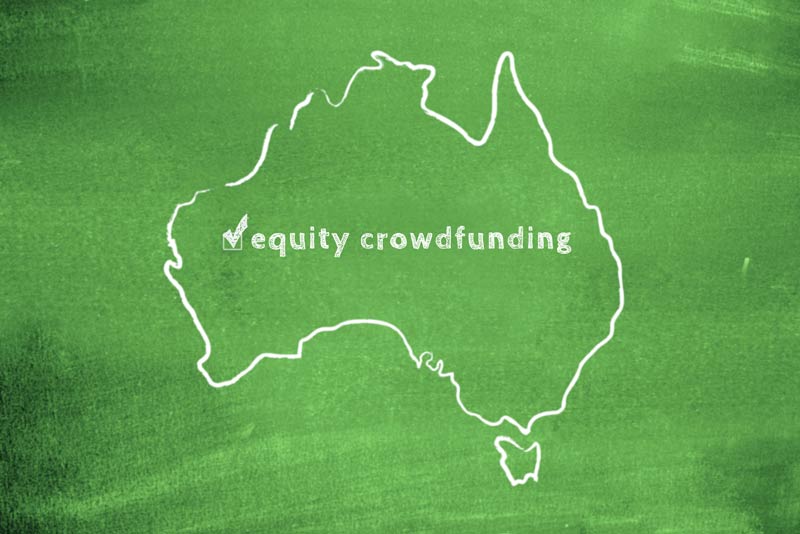
Equity crowdfunding: The low-cost way to invest in new businesses
Investing in businesses can be a good way to build wealth. But the barriers to entry have historically been high, making ‘equity crowdfunding’ an attractive alternative.
The concept isn’t dissimilar to the more conventional crowdfunding that artists and charities routinely organise through social media, asking followers to contribute what they can – sometimes for rewards such as T-shirts or exclusive access to art or music, or simply to support a cause.
It’s a model that has helped countless charities, creatives and even ordinary people with a dream achieve things they never would have previously. One man in the United States even managed to raise $US55,492 ($79,649) to make a bowl of potato salad, drastically outstripping his initial $US10 goal.
More recently though, enterprising businesses have used a more mature version of this funding model to sell small ownership stakes (equity) in their companies, allowing anyone who’s able to contribute to become a part-owner and share in the business’s success (or failure) and, ideally, profits.
Equity crowdfunding in Australia
Equity crowdfunding in its current form has only been a legal means of raising money in Australia since January 2018, and is mainly aimed at smaller start-up businesses not listed on the ASX.
While investors in an equity crowd-funder receive equity in the way a stockholder might, those two systems are very different, says Canstar group executive of financial services Steve Mickenbecker.
“It’s appealing to a different market. It’s an easy, low-cost way for people to raise money without going through intermediaries or prepare a prospectus,” he said.
“All those requirements and restrictions are eased up to give people a clearer passage to equity raising, but that’s why they put limits on it.”
To read more, please click on the link below…
Source: Equity crowdfunding explained: The low-cost way to invest in businesses


